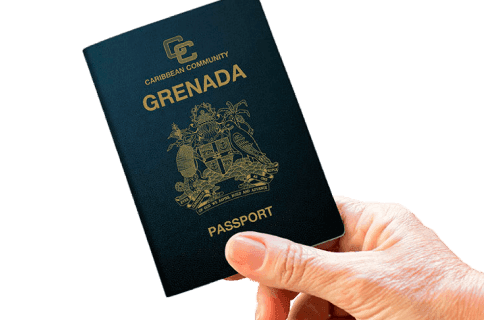Obtaining a residence permit (Permit to Stay) may seem like an effortless process, especially if the applicant carefully follows all instructions and requirements. However, even though the process may seem simple, there are several reasons why a residence permit may be denied or even canceled.
Refusal or revocation of a residence permit is most often due to violations of the law, such as providing false information or documents with errors. In addition, the reasons may be the lack of sufficient income to live in the country, violation of migration or criminal laws of the host country. It is important to approach the application process as responsibly as possible and to make sure that the information provided is complete and accurate in order to minimize the risk of refusal or revocation of the residence permit.
Providing false information
Providing false information or falsifying documents when applying for a residence permit can lead to serious consequences, including denial or revocation of the residence permit. Migration authorities strictly monitor the accuracy of the data provided, and the detection of any discrepancies may be considered an attempt to commit fraud.
Criminal records
A criminal record, especially for serious crimes, can be grounds for refusal to grant a residence permit. Migration authorities in many countries view a criminal record as an indicator of unreliability and a potential threat to public safety.

No ability to support yourself and your family
One of the key requirements for obtaining a residence permit is the applicant's ability to support themselves and their family. Lack of financial stability or sufficient income can lead to rejection as it increases the risk of applying for social assistance, which is undesirable for the host country.
No real estate
Although owning real estate is not always a mandatory criterion, in some cases it can increase the chances of being approved for a residence permit. Lack of property can be perceived as a lack of long-term plans to live in the country, potentially reducing the chances of successfully obtaining a residence permit.
No payment of taxes
Regular payment of taxes is an important indicator of an applicant's law-abidingness and financial responsibility. Failure to fulfill tax obligations can be a reason for refusal to issue or renew a residence permit, as it demonstrates non-compliance with the laws of the country of residence.
No proof of income
Lack of documentary proof of income may be a reason for denial of a residence permit. The applicant's income must be sufficient and stable to guarantee financial independence without the need to apply for state support. Insufficient or unproven financial security is considered a risk to the host country.

Administrative penalties
Administrative penalties for offenses such as disorderly conduct or traffic accidents may have a negative impact on the decision to issue a residence permit. Repeated or serious administrative offenses may raise doubts about the lawfulness of the applicant.
Failure to confirm residency within 2 years
If an applicant fails to confirm his or her residence within two years, this may be grounds for refusal to grant or renew a residence permit. Proof of residence is essential to demonstrate the applicant's connection to the host country and his/her intentions to stay on a long-term basis.
Application Error
Errors in the application for a residence permit, be it incorrect data or incomplete information, can delay the processing of the application or even lead to its rejection. Careful checking and correct completion of all fields of the application is essential for the successful processing of the application by the migration authorities.
Barring of entry
An entry ban may be imposed on an alien for a variety of reasons, including serious violations of immigration laws, threats to national security or public order. This prohibition prevents the possibility of applying for a residence permit before it is withdrawn or expires.

Other reasons
Other reasons for denying a residence permit may include failure to confirm serious intentions to reside in the country, a history of deportation, or failure to fulfill previous conditions of stay. Negative factors such as undesirable connections or information that undermines the credibility of the applicant may also be considered.
When you can reapply
After being denied a residence permit, a foreign national may reapply for a second review after one year (depending on the country). In order to increase the chances of successfully obtaining a residence permit upon reapplication, it is recommended to use the services of One World Migration professionals.










